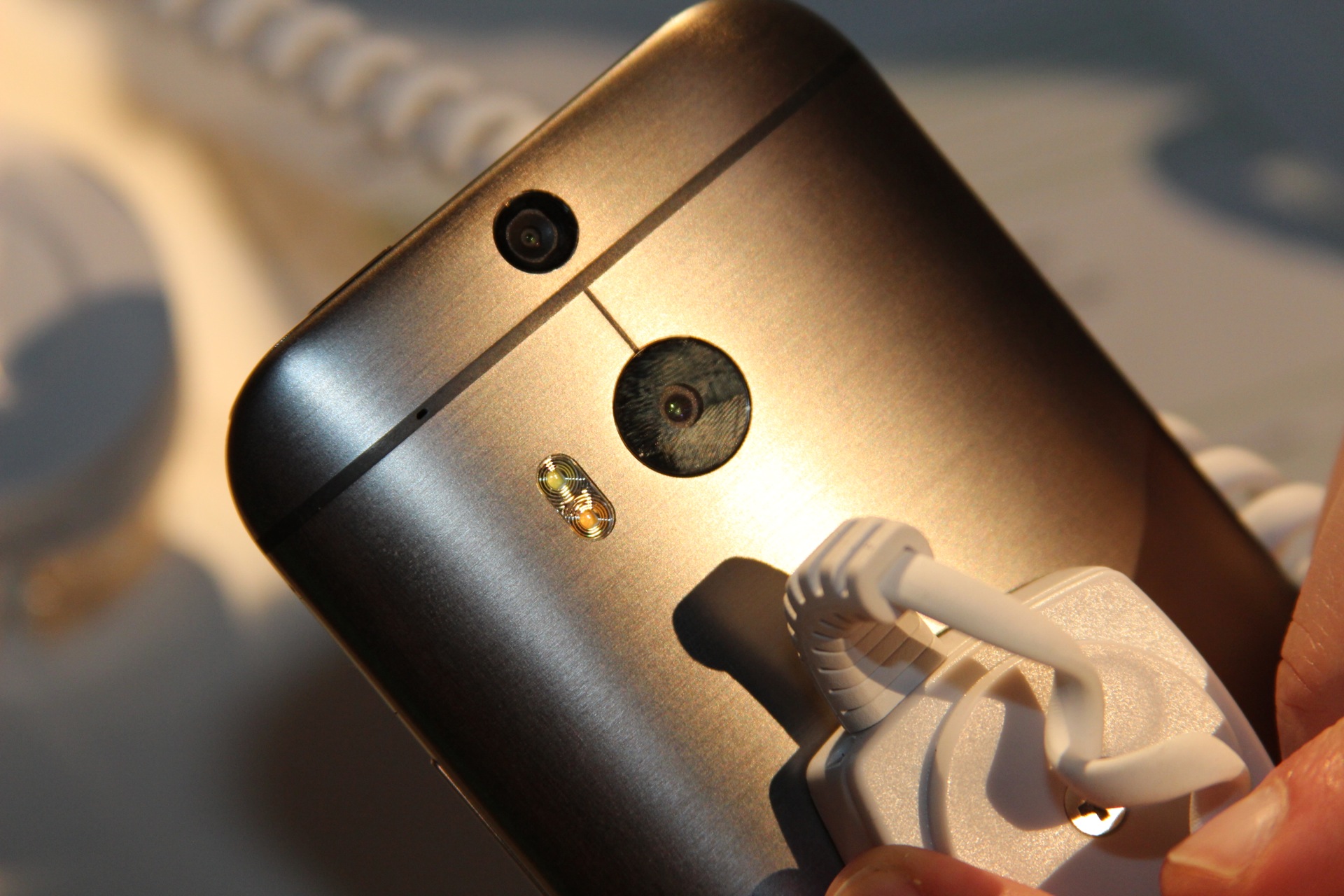

HTC could be credited with the trend of making Android devices that aim to compete with the iPhone not just in performance, but in appearance. It could be the processor, the network (T-Mobile, in our case), or a fluke that’s causing the drain, but it was significant. In contrast, the One M8 lasted through a day, easily. We tested the T-Mobile version, and found battery life that was as poor as it was on the iPhone 5S. For some mysterious reason, the M9 has a bad battery drain problem. HTC’s One M9 has a bigger 2,840mAh battery than the 2,600mAh battery on One M8, but it barely lasted through the day in our testing. Most users probably won’t notice the difference though, unless they’re playing a lot of games or digging into other intense apps. Additionally, the questions of increased battery drain and overheating make the Snapdragon 810 something of a gamble. Still, the M8 is still more than capable of handling any app or game you throw at it - the Snapdragon 801 remains a high-performance processor even with the release of the 810. There was a bigger difference in the Quadrant benchmark scores, with the M9 reaching 34,700 points and the One M8 only got 22,700 points. The M9 managed a score of 24,300 on the 3D Mark Ice Storm Unlimited test, which is a tad higher than the 20,600 the M8 scored. The One M9 has really high benchmark scores on just about every test, and the performance boost is clear, albeit, relatively small. During our testing of the device, it ran very hot - especially when downloading apps, streaming video, and performing other intense tasks. The Snapdragon 810 is undoubtedly fast, but it does have an overheating problem.


 0 kommentar(er)
0 kommentar(er)
